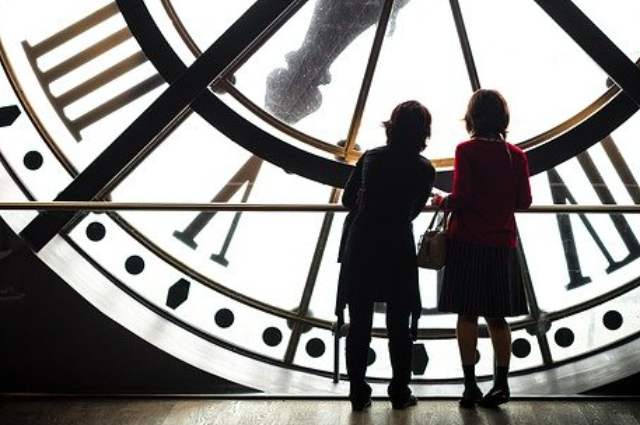
We were having a very interesting discussion in the political science class today. We started the chapter on ‘Justice’ in Political Theory, and we were looking at the principles of justice. In our syllabus, they are equal treatment, proportionate justice, and recognition of special needs. There was an exercise where we were given certain scenarios and we were to determine whether they were just or not, and which principle accorded to them if they were just. One of those was with regards to 33% of reservations for women in the Indian Parliament.
Now, obviously, this is justifiable under the principle of equal treatment. If we dive deeper into the concept of equality, there’s a concept called ‘equity’, where we uplift those classes of society that really need it. This applies quite perfectly to the given scenario. However, we learnt that some people justify this scenario under a different principle - that of the recognition of special needs.
If one is to agree with the above justification, then we must accord to the term ‘special needs’ a different connotation. It must mean or refer to the ‘lesser equal’, in general terms. However, the term ‘special needs’ does not refer to the lesser equal, it refers to those afflicted with natural inequality, something which is not affected by the laws of man and society.
Therefore, we must come to the conclusion that under the pretext of spreading feminism and equal opportunities to both sexes, it is really deep-rooted misogyny that is being pushed forward. This misogyny, where women are seen as naturally unequal.
This is not the case. In terms of women, there is inequality, but a socially-produced inequality. It has to do with historical and social norms that created this inequality, this notion that women are the ‘weaker sex’. There may be biological ‘discrepancy’ over here - there are certain biological limitations to the female sex, but they can very well be overcome with physical training. But that’s irrelevant to this conversation.
How can it be justifiable that women are the weaker sex if there is no cultural and constitutional backing to it? The answer is that there is constitutional backing. Think about it. When it comes to decisions involving the male sex versus female, for example, domestic violence or sexual harassment cases, it is automatically assumed that it is the women against whom the violence is being perpetrated. This is a practical view of the fact, whereas in Article 15, Section 3, (on equality) it is clearly stated that ‘Nothing in this article shall prevent the State from making any special provision for women and children'. This is a clear statement of the fact that according to the Indian Constitution, women are seen as a weaker class.
It is an unfortunate and sad thing that despite all these years, despite all these developments, the Constitution itself is a party to this ideology.
